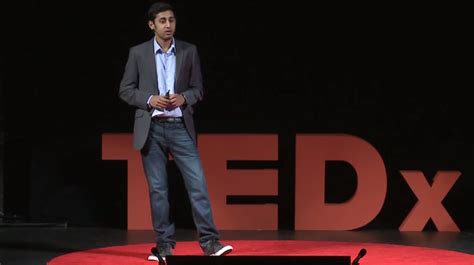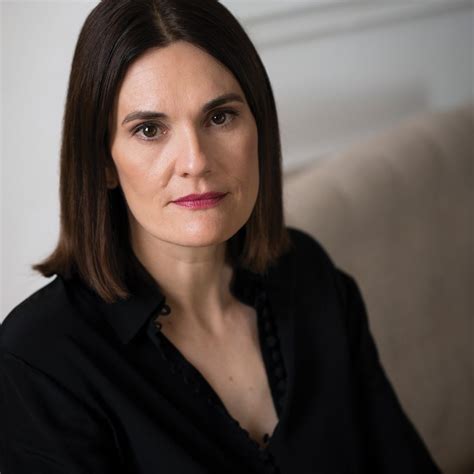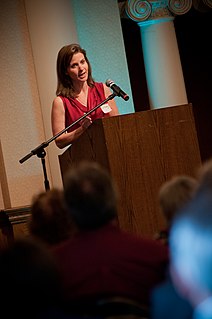A Quote by Adora Svitak
We're used to the characteristics of social media - participation, connection, instant gratification - and when school doesn't offer the same, it's easy to tune out.
Related Quotes
On a societal level, what happens to community when people don't have time to gather or connect, in person, not just over social media? Not having time off becomes a public-interest issue. It means the erosion of social bonds, less civic contribution and participation. Loneliness is on the rise in North America; we find ourselves too busy for true connection, prioritizing work over life.
Social media is a great way to get customers. Time is money. If you do this right, it costs money. But social media is great because you put stuff out there and see if it works almost immediately. You can test to see if it will be effective for your company. It's easy if you hit a nerve and talk about something people are interested in. It's easy for them to share with their friends.
The marvellous thing about writing, whether it be fiction or journalism, is that it is simultaneously the most intimate and the most anonymous of meetings between people. It is profoundly intimate in reaching into the psyche of another, at the same time as being devoid of social characteristics, cultural characteristics, economic characteristics.
People automatically assume and expect that every moment and every bit of personal data should be broadcasted on social media, especially as it relates to them - and thats just not cuttin' it for me. If you can make it through the age of social media and come out with the same friends and lover, kudos!
I wrote about Freud and the process of sublimation, which is when you learn to stop breast-feeding, or stop going to the toilet whenever you want to. It's about learning to repress a desire for instant gratification. And in a repressed society, artists fulfil a sense of harking back to instant gratification, or immediate expression, by doing things that function on the edge of society, or outside of what is conventionally accepted.



































